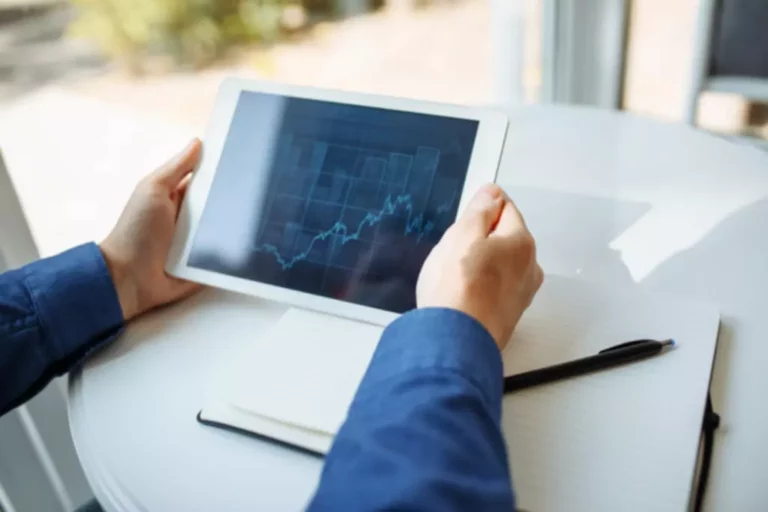Nonetheless, these days are lengthy gone as the name of the game is to hide transparency to reduce market influence. This has fueled the chance of ECNs and ATS including darkish swimming pools. Market makers rarely attempt to indicate transparency these days. When there are more sellers than consumers, they might improve their bid worth to encourage shopping for and assist the stock’s worth.
In addition to infrastructure and knowledge, the group supplies “market customers with reliable venues for buying and selling listed securities and derivatives devices.” Market makers can both be people or broker-dealers who meet a sure set of requirements around schooling, training, capital adequacy, and so forth. It will be set towards a backdrop of live music too as DJ Nathan provides a soundtrack for the new market. During Makers Market events, local vendors, makers and artisans supply an ever-changing and various assortment of handmade specialty items and present ideas.
📆 Date: June 28-29, 2025🕛 Time: 8:30-11:30 Am Est📍 Venue: Onlineinstructor: Dheeraj Vaidya, Cfa, Frm
Market makers additionally assist stabilize safety prices by adjusting their quotes based mostly on supply and demand. When there are more patrons than sellers, they might raise their bid prices to encourage selling, thus supporting the security’s value. Conversely, when there are more sellers, they might lower their ask prices to draw consumers and stop extreme worth drops. Market makers continuously provide to purchase and promote securities, creating liquidity out there. By providing liquidity and reducing the bid-ask unfold, market makers contribute to efficient and cost-effective trading for traders. They make it simpler for traders to enter and exit positions with out considerably impacting the security’s value.
- Market makers provide liquidity and depth to markets and revenue from the distinction in the bid-ask unfold.
- If the demand is high and supply is low, the price of the safety shall be high.
- That’s why market makers need compensation for creating markets.
- But Harvey sees a change of tone coming from the White Home.
- The Tokyo Trade Group mixed the Tokyo Inventory Change and the Osaka Securities Exchange into one unit in 2013.
A market maker is a monetary institution or individual trader who stands prepared to buy and promote securities, such as shares, at publicly quoted costs. They act as intermediaries between patrons and sellers, making certain that there’s a constant market for the securities they cover. The primary operate of the market maker is to minimize back volatility and facilitate value discovery in the inventory market by offering a restricted trading range on the safety they make a market in.
They can use high-frequency trading algorithms to create optimized bundle orders. The Frankfurt Inventory Exchange (FRA) is one of seven stock exchanges in Germany. The change, which is operated by Deutsche Börse AG, calls its market makers designated sponsors.
These companies are also infamous for order circulate types of brokers in forex preparations compensating brokerages that direct customer orders to them. A Market Maker is a common time period used to describe people or firms that facilitate buying and selling by continuously quoting bid and ask prices for various securities. On the opposite hand, a Designated Market Maker (DMM) is a selected kind of market maker with a specialised function on a particular inventory exchange. A market maker plays a key position within the securities market by offering trading companies for investors and boosting market liquidity. Specifically, they provide bids and provides for securities, together with the market measurement.

Threat Administration
The market maker offers a quote of $10.00 – $10.05 with a quantity of 100×500. In this context, the market maker is keen to buy a hundred shares at a bid price of $10.00 and concurrently promote 500 shares at an asking worth of $10.05. Market makers play a vital function in interacting with institutional buyers, such as mutual and hedge funds. Institutional traders typically execute large trades, and MMs provide the required liquidity to absorb these trades without considerably impacting the market worth. Brokers, however Constant function market maker, act as intermediaries, connecting consumers and sellers without holding a listing of securities.
The market-making individuals or companies need to adjust to the legislation of the nation they operate in. The stock exchanges work on certain tips approved by the regulators of a nation’s financial market. The market makers must follow the same to operate as an authorized trading physique. In the Usa, the Securities and Change Commission (SEC) approves and takes care of the authorized perspectives of the financial markets.

For instance, if Apple is close to $175, a maker might bid $174.95 and ask $175.05, cashing in on high volume. We’re so used to having our cash taken by market makers, right? Or is that this one of many rare inventory market jobs where you solely make money? But if the trade closes at a worse value than it’s opened at, the market maker loses money. Market makers, also recognized as https://www.xcritical.in/ high-volume merchants, actually “make a market” for securities.
Future Tendencies In Market-making
As A Result Of of this, most market makers work on behalf of huge institutions. The market makers buy shares at a lower price and sell them at a better price. The greater this difference or spread is, the extra is the incomes. Thus, they’re believed to be manipulating the value, generally as per their curiosity.
While all market makers are liquidity providers, not all liquidity suppliers perform as market makers. Each roles play a crucial part in enhancing market liquidity, with MMs focusing extra on continuous quoting and unfold administration. They determine discrepancies between bid and ask costs in several markets or exchanges and execute trades to purchase low and sell high, capitalising on momentary pricing imbalances.